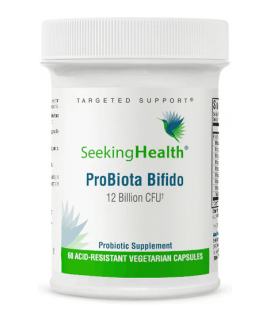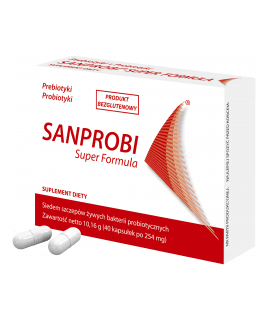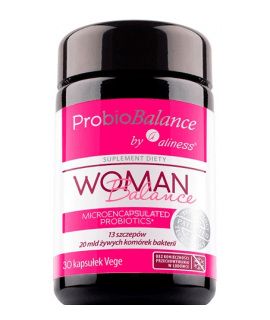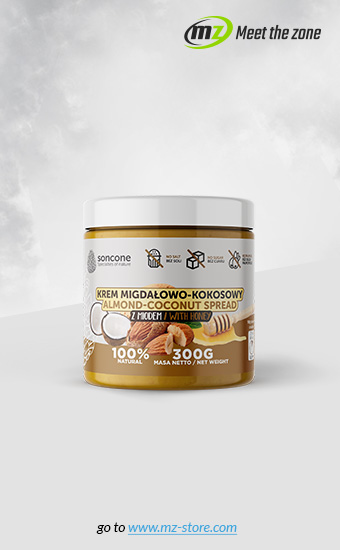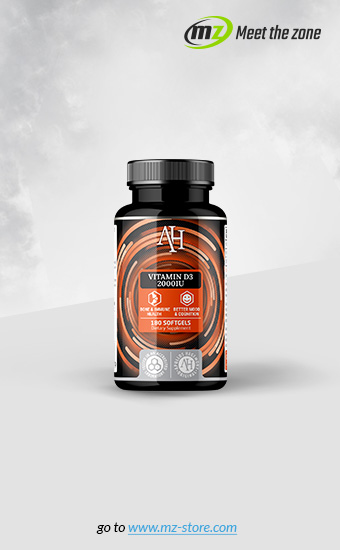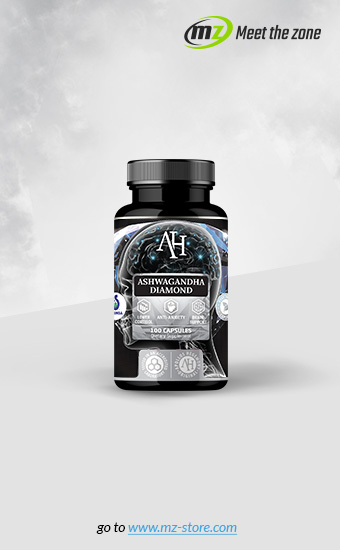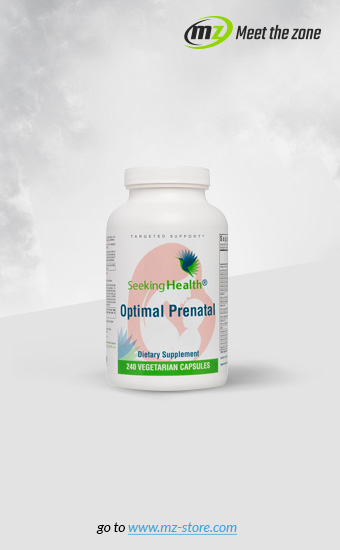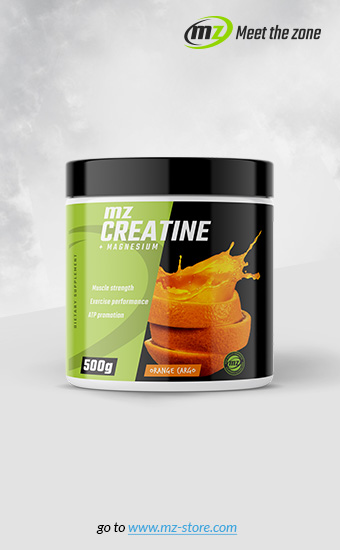We are all dependant on the microbiota living in our gut for many bodily functions. But what is the microbiota? Our gut microbiota lives in the large intestine and is made up of a variety of bacteria, fungi, yeast, parasites and viruses. You may be alarmed to read that our gut is largely infested with such organisms! In fact, an average person has approximately 1.5 kilos of gut bacteria known as the microbiome.
What is microbiome?
This microbiome is responsible for many functions including digesting fibre from our diet, the production of vitamins such as vitamin K and B vitamins, their presence strengthens our gut lining and prevents pathogens entering the blood stream, and they regulate some aspects of our immune system, such as he production of white blood cells.
We are all unique individuals and so it our gut microbiome! So what determines what microbes live in our gut. As babies we are born with a sterile gut and it is quickly populated with ‘foreign’ organisms. Some of these organisms cause illness but some are beneficial to our wellbeing. The key is to ensure the ‘good’ bacteria outweigh the ‘bad’ bacteria. Our diet plays a large role in determining the mix of microbes in our gut and if we were breastfed as babies then our initial gut microbes will be different to those babies that were bottle fed.

What affects microbiome?
As adults we are more in control of what we eat and our food choices play a large role in which bacteria thrive and which do not. Other factors can also play a part in the mix of microbes living in our gut, including exercise, disease, aging, where we live, and consumption of drugs (especially antibiotics).
Exercising regularly helps with gut motility and as such helps with the turnover of bacteria in the gut. Certain diseases of the gut such as inflammatory bowel disease or common gastric infections can cause the gut to become ‘leaky’ by weakening the lining of the gut and allowing pathogenic toxins and inflammatory molecules to enter the blood stream, causing an immune response and subsequent feelings of being unwell. As we get older our cells are less robust, and turnover and repair can be compromised leading again to a leaky gut. Antibiotics, whilst may be good for clearing up a bacterial infection also have the negative effect of killing our ‘good’ bacteria. Individuals who regularly take antibiotics run the risk of other health issues related to the reduction of good bacteria in the gut.
Probiotics
Our diet plays a huge role in maintaining a healthy gut microbiome, both in terms of consuming good bacteria (probiotics) and feeding our gut bacteria (prebiotics). Probiotics are a huge industry now and can be consumed in two main ways; via fermented food stuffs such as ‘live’ yoghurts, kefir, kimchi, sauerkraut, pickles and some types of cheeses etc. and specially prepared supplements bought over the counter which can vary from single microorganisms to a wide variety of good bacteria. The key to an effective probiotic is that it survives stomach acids to make it to the large intestine alive.
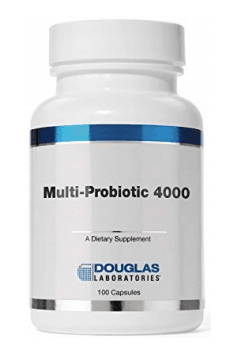
There is much research into different types of bacteria and the roles they play in good health and wellbeing, whilst this is still an emerging science, there is evidence to suggest that microbes of the genera Lactobacillus and Bifidobacterium appear to offer many benefits (Wang et al., 2017).
A healthy gut microbiota is central to our health. There is evidence to suggest that gut microbes have an effect on mental health. A systematic review in 2016 by Huang, Wang & Hu, concluded that probiotics were associated with a significant reduction in depression, with particular probiotics having certain effects e.g. Bifidobacterium infantis, Lactobacillus helveticus and Bifidobacterium longum all reducing depression and anxiety in healthy individuals. However, there is still a need for more research in this area and individuals suffering from depression and anxiety should always consult a medical professional for advice on medication.
Prebiotics
Whilst probiotics are emerging as being essential for our health and wellbeing, we must not forget the importance of prebiotics. Prebiotics are different types of fibre that feed our gut microbiome and the best prebiotics can all be consumed from food stuffs. We should aim to increase our levels of acetate, butyrate and propionate (organic acids), whilst reducing phenols, ammonium, amines and hydrogen sulfide (all products of protein metabolism).
We can do this by consuming more whole grains (wheat, barley, rye, oats) such as whole grain bread, rice, pasta, cereals etc., vegetables and fruits such as asparagus, onions, leeks, garlic, bananas and apples. A low carbohydrate diet can have a detrimental effect on our gut microbes and we should aim to eat at least 30g of fibre each day. It could be argued that a diet too high in protein is not good for our gut health as the products of protein metabolism have negative effects on good bacteria.
There are some commercially available prebiotic supplements, the best studied being inulin and fructo-oligosaccharides (FOS), and a novel new prebiotic known as Arabinoxylanoligosaccharide (AXOS), but adopting a healthy balanced diet rich in wholegrains, fruit and vegetables should be sufficient to ensure our good bacteria proliferate.
References

